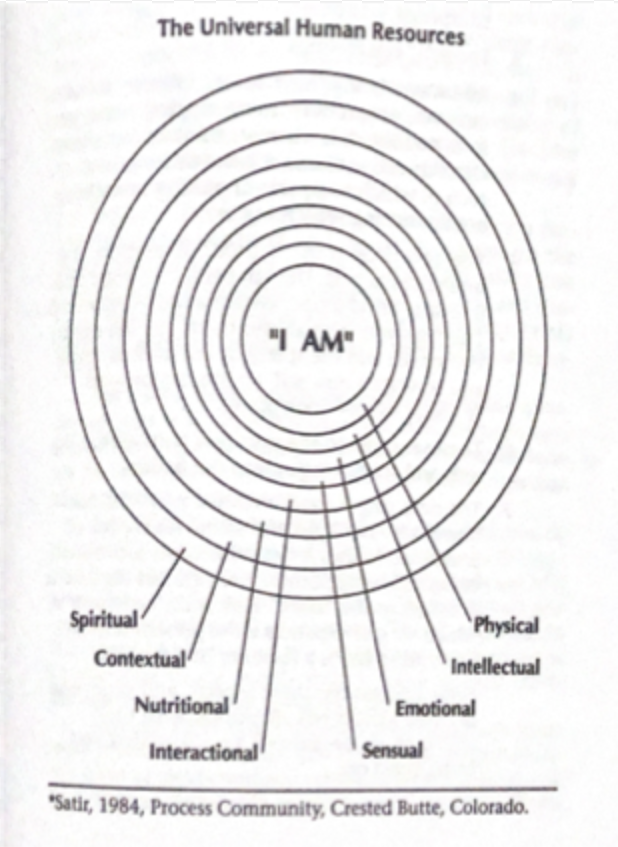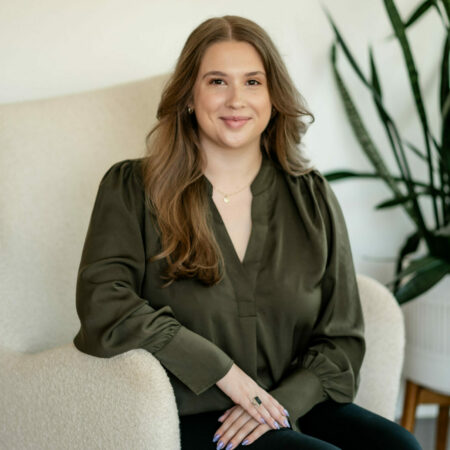Virginia Satir, a pioneer in family therapy, developed the Self Mandala as a way to illustrate how each part of our being deserves acknowledgment, consideration, and exploration.

By tuning into each of these rings, we can cultivate a more holistic and balanced approach to self-care.
Here’s a guide on how to check in with yourself using the Self Mandala:
1. Physical: This ring serves as a gentle reminder to check in with your body’s needs. Are you listening to your body’s signals for more activity, rest, or a balanced combination of both?
2. Intellectual: How have you been nurturing your mind lately? Consider how you can challenge and expand your thinking through reading a book, solving a puzzle, or learning something new.
3. Emotional: Take a moment to reflect on your emotional well-being. What feelings have you been experiencing recently? How do you feel about experiencing these feelings?
4. Sensual: This ring reminds you to connect with your five senses and your environment. Take a moment to identify: 5 things you can see, 4 things you can touch, 3 things you can hear, 2 things you can smell, and 1 thing you can taste.
5. Interactional: Reflect on recent interactions with those around you. Which connections have been nourishing or uplifting? Have any felt draining or hurtful?
6. Nutritional: Consider how you’re nourishing your body. Are you providing yourself with balanced nutrients, or are there areas that could use more attention?
7. Contextual: This ring serves as a reminder that we exist within a broader context– how are your surroundings, circumstances, or relationships influencing your current state?
8. Spiritual: For some, this ring may be a reminder to connect with religious or spiritual practices. For others, it’s an invitation to explore their sense of connection—whether to themselves, others, or nature.
If you’re finding it challenging to care for yourself in one or more of these areas and would like support on your journey toward more holistic self-care, I welcome you to reach out!


